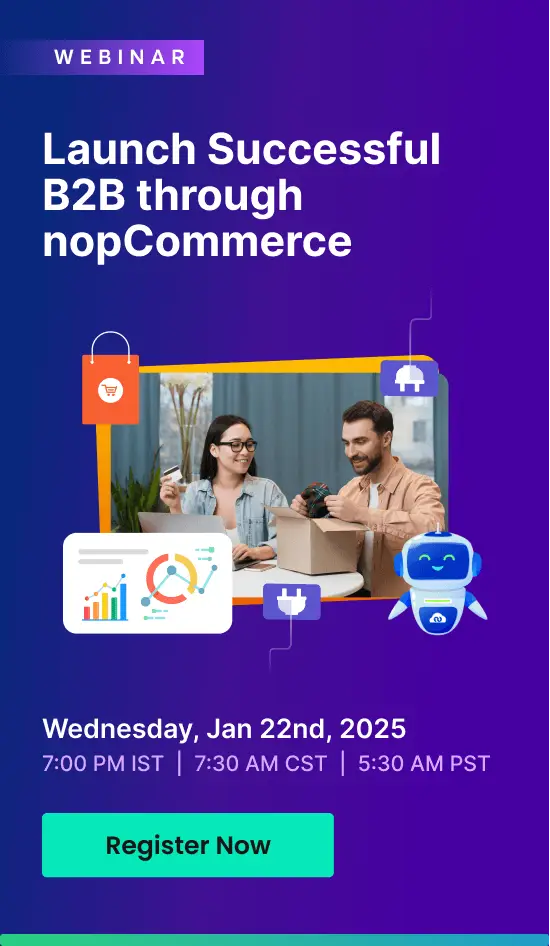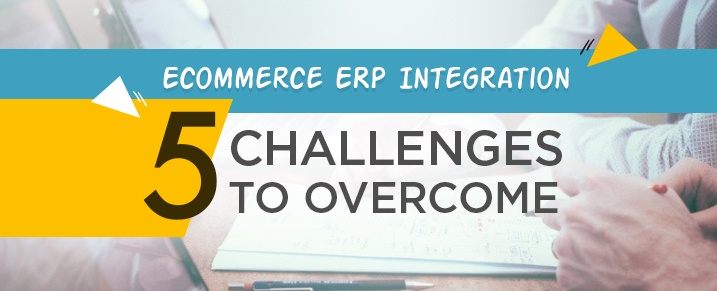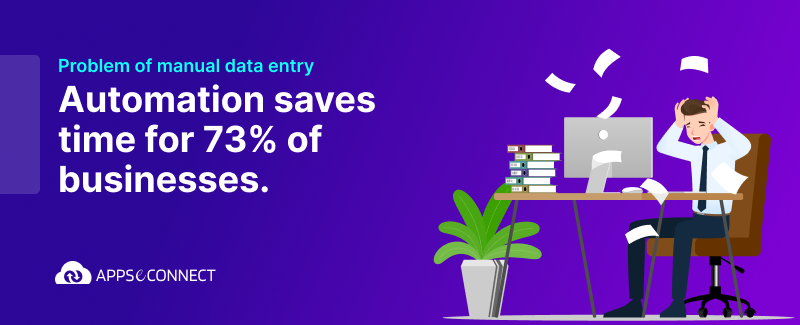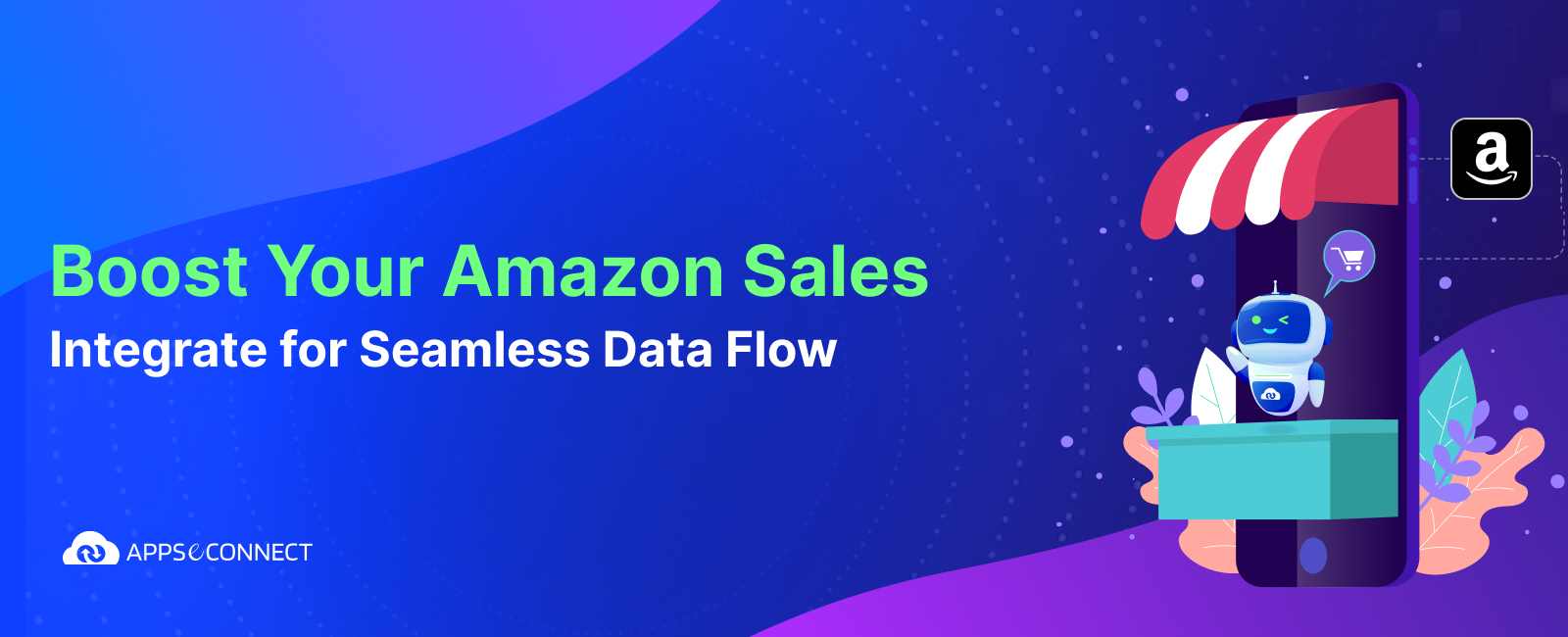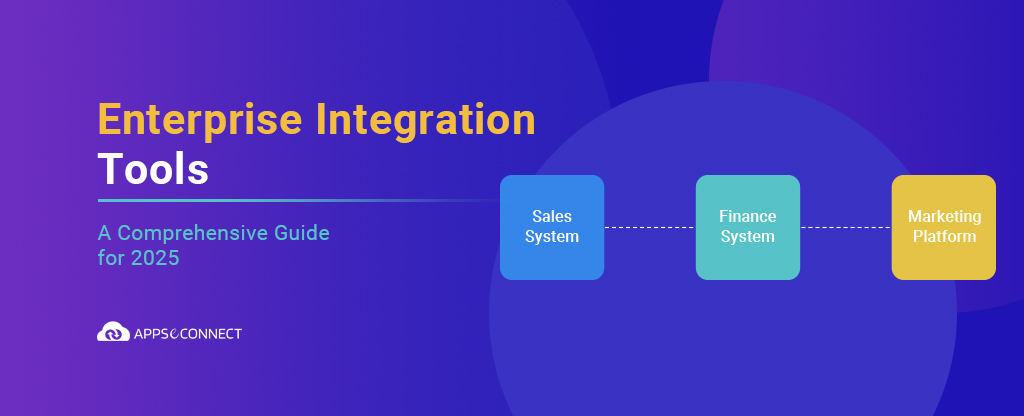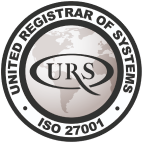A successful integration between an E-Commerce store and an Enterprise Resource Planning (ERP) is not just the mere exchange of data but also a flawless integration of the business processes. A successful integration is the one that promotes business on to the next level. Companies do not clearly understand the complexities that lead to a successful E-commerce and ERP integration, and thus, their results are not as per their expectations. In this article, we explore 5 Challenges that needs to be resolved to achieve a successful E-commerce – ERP Integration.
1. Integrate with Intention
The intention behind the integration should be very clear. It is important to understand what the business expects out of the integration. The expectation should be quantitative rather than qualitative. There should be clear, quantifiable expectations regarding the percentage increase in growth, improved sales and improved experience of the customer. There should be a fitting picture of whatever the ultimate goal of the organization is.
2. Lack of Clear Understanding of Requirements
Often the time spent between businesses and their integration partners is very less. Thus, the understanding of the business integration requirements is not very clear. This ultimately leads to cost overruns, project delays and increase in efforts. A clear understanding of the requirements forms the most important part of the integration. The integration partners should be clear about the challenges that are being addressed and also the objective behind the integration. The systems and data that would be synchronized should be clearly identified and marked.
It is a good practice to map the entire business flow through workflow diagrams and have a pictorial representation of the business process. This makes a clear understanding of the process and the requirements. The motive behind the integration is thus clear to all the stakeholders.
3. Insufficient Testing for Ecommerce – ERP Integration
Testing is one of the most important step and often it is the most neglected process for a successful integration. Delay of a project often occurs in an industry and when it happens the area that is hit the most is testing. The intention behind testing is not just to verify if the software is working fine, but also to see if the system meets the business needs or not and the intention behind the entire integration process as well. Testing phase should be properly planned and executed for a successful integration.
4. Training and Support
The management should not start using the tool before they have provided adequate training to the users. Generally, training is left to a very small phase at the end of the project which, in reality, makes it difficult for the end users to work with. What happens is that even when the entire business process is correctly integrated, the users who will be running the tool are not trained for it. This leads to failure of what could have been quite a successful project. Proper training and support to the end users is a mandatory task for a successful and prolonged integration.
5. Integrate for the Future
A long term view of the future is required for a successful integration of ERP and e-commerce. It is good to have short-term goals that need to be achieved, but this myopia may be dangerous for the future. There should be clear intentions behind what happens after the short-term milestones are reached? What happens if growth increases?
Long-term future determines how well the integration will proceed in the future. Organizations that integrate and work without considering the upcoming aspects often find themselves in an uncomfortable situation in future.
Conclusion
Integrating E-commerce and ERP can promote business to the next level, only if it is planned and executed properly. It is not a difficult or risky process but the intention should be clear so as to be able to work around with it easily. Planning your project and overcoming these challenges might provide you with an integration that is seamlessly set for you.
Now, you can easily integrate your Ecommerce Store with the back-end ERP, CRM, Shipping and POS Systems to improve your business process!
You may also like:
7 Types of Data to Sync Between your ERP and Ecommerce
Benefits of integration your ERP with eCommerce store front
5 Effective B2B Marketing Trends in 2017 to Boost ROI of your Ecommerce Business

